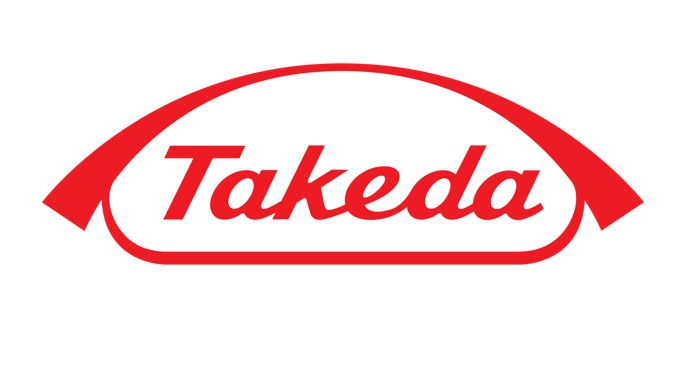Takeda interested in next-generation immuno-oncology deals

Takeda could acquire next-generation immunotherapies as it seeks to broaden its offering in the hyper-competitive field of cancer treatment.
The Japanese pharma has been building a presence in oncology over the last few years through products such as its Adcetris (brentuximab vedotin), and its $5.2 billion acquisition of Ariad at the beginning of 2017.
In an interview with pharmaphorum, Dion Warren, head of Takeda's European oncology business, said it is hoping to broaden its cancer portfolio.
Reports surfaced last year suggesting the firm had set aside around $15 billion for acquisitions, which could fund one or mid-sized deals, or several smaller ones.
Takeda has been restructured under new CEO Christophe Weber, who took over in 2014 and has focused the company on cancer and specialist gastrointestinal drugs, and early stage central nervous system research.
The Ariad deal marked Takeda’s first foray into solid tumours, as through it the pharma acquired Alunbrig (brigatinib), an oral treatment for ALK-positive non-small cell lung cancer in patients who have progressed or are intolerant to Pfizer's Xalkori (crizotinib)
The company has had success with Ninlaro in multiple myeloma and its antibody-drug conjugate Adcetris in blood cancers including classical Hodgkin lymphoma, but the company currently has limited presence in immunotherapy.
In September, Takeda began a collaboration with Tokyo-based Noile-Immune Biotech on research in cancer immunotherapy including CAR-T therapies – but Warren said the company is looking for further projects in this increasingly competitive field.
Warren told pharmaphorum: “In the last 18 months we have done 50 deals in R&D to broaden access to innovation.”
“We do not have internal PD-1 or PD-L1 our team is active externally looking for breakthrough innovation.”
While Takeda is not “laser focused” on one mechanism, Warren said the company is “very interested” in checkpoint inhibitors and CAR-T therapies.
But the firm also has an eye on future developments and hopes to find cutting edge research ahead of rivals.
Warren was not specific about the kind of deal Takeda is interested in making, but its activity over the last few years suggests it will tailor its approach to the situation.
That means anything from a substantial Ariad-style merger, a bolt-on deal, a licence deal, or research partnership could be on the cards.

Takeda's Dion Warren
He said Takeda wants to take a leadership position in cancer and focus on what will be at the cutting edge of innovation in three to five years. However this will be difficult given the huge competition in the field, led by big pharma companies such as Roche, Novartis and others.
Warren concluded: "The most important thing is innovation for patients, what is first in class. That’s the challenge we face. We are not closing out PD-1 completely, but our interests are to go beyond that as well."
Please note: Ninlaro and Adcetris are approved in Europe, Canada and the US. Alunbrig is approved in the US.











